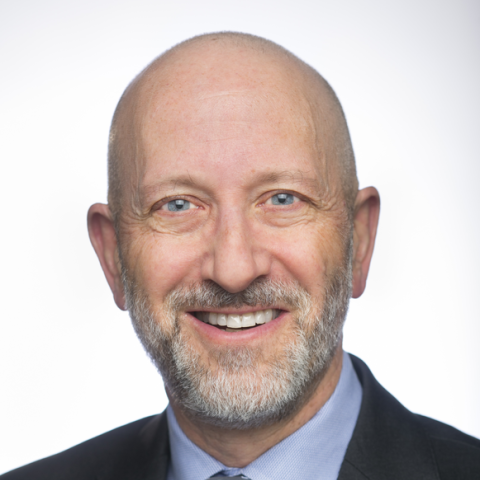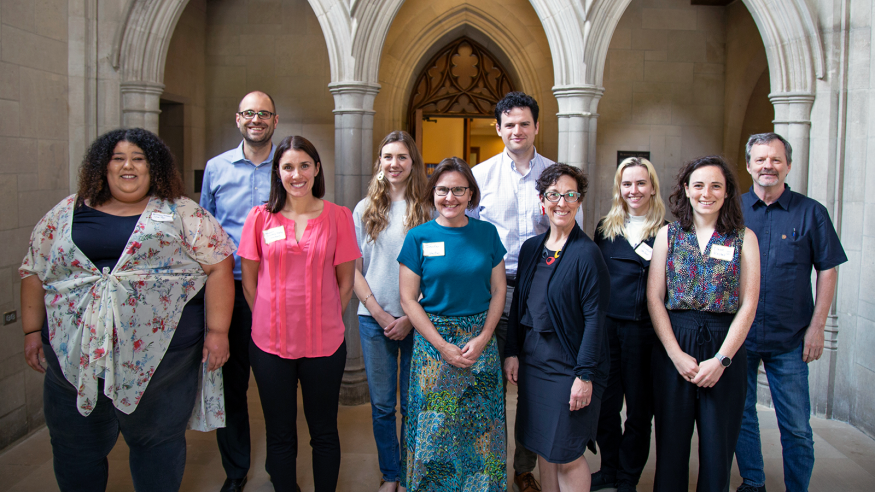
What Can We Learn From New Universities?
In “The New Global Universities,” Noah Pickus and Bryan Penprase offer a compelling vision for the future of higher education — one where excellence and innovation take precedence over superficial markers of prestige. By showcasing inspiring stories from innovative universities around the globe, the authors reveal a path for colleges and universities to chart a course toward a more equitable, inclusive and impactful educational landscape for generations to come.
Drawing on examples like Olin College of Engineering in Needham, Massachusetts, which admitted its first class of students in 2002, Pickus illustrates how new universities have the opportunity to question conventional wisdom and rethink the educational experience from the ground up.
Olin’s remarkable journey from startup to one of the premier institutions for undergraduate engineering epitomizes this idea of innovation. Instead of the traditional model of engineering education, the school pioneered a different approach centered on hands-on experience, teamwork and real-world problem-solving. As Pickus aptly described, “They believed that you had to get your hands dirty from the very beginning ... becoming a good engineer is not just a matter of memorizing knowledge but being able to work in teams and solve creative problems.”

Today, this approach isn’t unique to Olin — at Duke’s Pratt School of Engineering, for example, first-year undergraduates work in teams to address problems from actual clients — and Pickus, who is associate provost at Duke, credits Olin and other new universities for paving the way to a more inclusive and dynamic learning environment. This departure from the status quo underscores the transformative potential of new universities to reshape entire fields of study.
Pickus also shared an inspiring story of one of the academic leaders he encountered while researching the book. Fred Swaniker, born into a time of political upheaval in Ghana, saw a need for building ethical and effective leadership. Upon graduating from Stanford, he returned to Africa and developed a model of learning that both drew from and resisted the styles he’d experienced in the U.S.
Swaniker “set out to create campuses and hubs that were accessible and high quality across Africa to build a new leadership core,” Pickus said. “He came up with a new model for how you can distribute the learning across the continent in ways that are more cost-effective.”
Lessons gleaned from institutions like Olin College and leaders such as Fred Swaniker can serve as a beacon of inspiration for the broader academic community. They challenge us to reevaluate our assumptions, embrace innovation and prioritize the needs of students above all else. As Pickus concludes, “It’s not just about rankings or exclusivity ... it’s about creating new kinds of creative problem-solvers and leaders.”
Michael Crout received his master’s degree from Duke’s Liberal Studies Program in May 2024 and was a 2023-24 graduate communication assistant in the Office of Interdisciplinary Studies.
